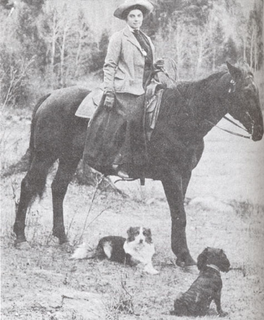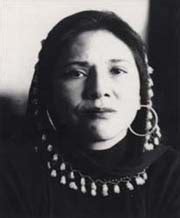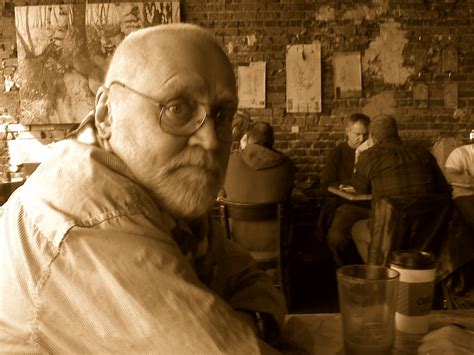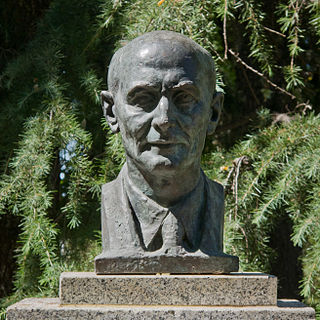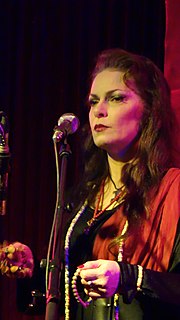A Quote by Emily Carr
Indian Art broadened my seeing, loosened the formal tightness I had learned in England's schools. Its bigness and stark reality baffled my white man's understanding... I had been schooled to see outsides only, not struggle to pierce.
Related Quotes
Once I was in New York, I completely had no interest for a long time in what happened in China because I had been through so much. Seeing my father's life struggle and so many whole generations lose their potential or possibility in their lives. Just being pushed into this political struggle and the damage done not only to their lives but their relatives.
Indira Gandhi had been this very powerful, dominating, ambiguous mother figure. Ambiguous because she was tyrannical, she had imposed...she had suspended Indian democracy for a few years but she also was the woman who had defeated Pakistan in war at a time when most male politicians in India had secretly feared fighting that war, so that here in India even today Indira Gandhi is called by Indian nationalists the only man ever to have governed India.
Though Anne was born in Alabama and schooled in Mississippi, she had traveled North, and, like many Southerners, gained a theoretical understanding of the concept of cold. But the mind is an overprotective parent. What it doesn't care for, it hides. Like many inhabiting the subtropics, Anne had repressed the reality of subzero mercury.
I had an Indian face, but I never saw it as Indian, in part because in America the Indian was dead. The Indian had been killed in cowboy movies, or was playing bingo in Oklahoma. Also, in my middle-class Mexican family indio was a bad word, one my parents shy away from to this day. That's one of the reasons, of course, why I always insist, in my bratty way, on saying, Soy indio! - "I am an Indian!"
The idea of going to the movies made Hugo remember something Father had once told him about going to the movies when he was just a boy, when the movies were new. Hugo's father had stepped into a dark room, and on a white screen he had seen a rocket fly right into the eye of the man in the moon. Father said he had never experienced anything like it. It had been like seeing his dreams in the middle of the day.
In order to understand why one chooses to be a Tantric practitioner, there has to be an understanding of cause and effect, cyclic existence, the awareness that the reality that we think we are seeing is not reality as it really truly is. So enlightenment is seeing reality with bare awareness, non-conceptual reality.
I had been reading about [John] Calvin for years and had been studying the English Renaissance for many more years, and it had never occurred to me to think of them together. I learned that Calvin was the most widely read writer in England in Shakespeare's lifetime. He was translated and published in many editions.
One of the things I remember as a child: There was a man named Joe Pulliam. He was a great Christian man; but one time, he was living with a white family and this white family robbed him of what he earned. They didn't pay him anything. This white man gave him $150 to go to the hill, (you see, I lived in the Black Belt of Mississippi)... to get another Negro family. Joe Pulliam knew what this white man had been doing to him so he kept the $150 and didn't go.
